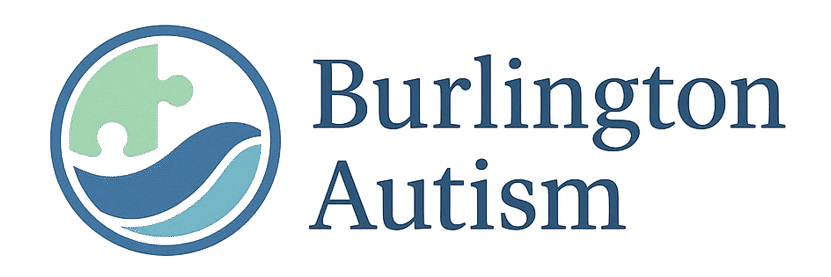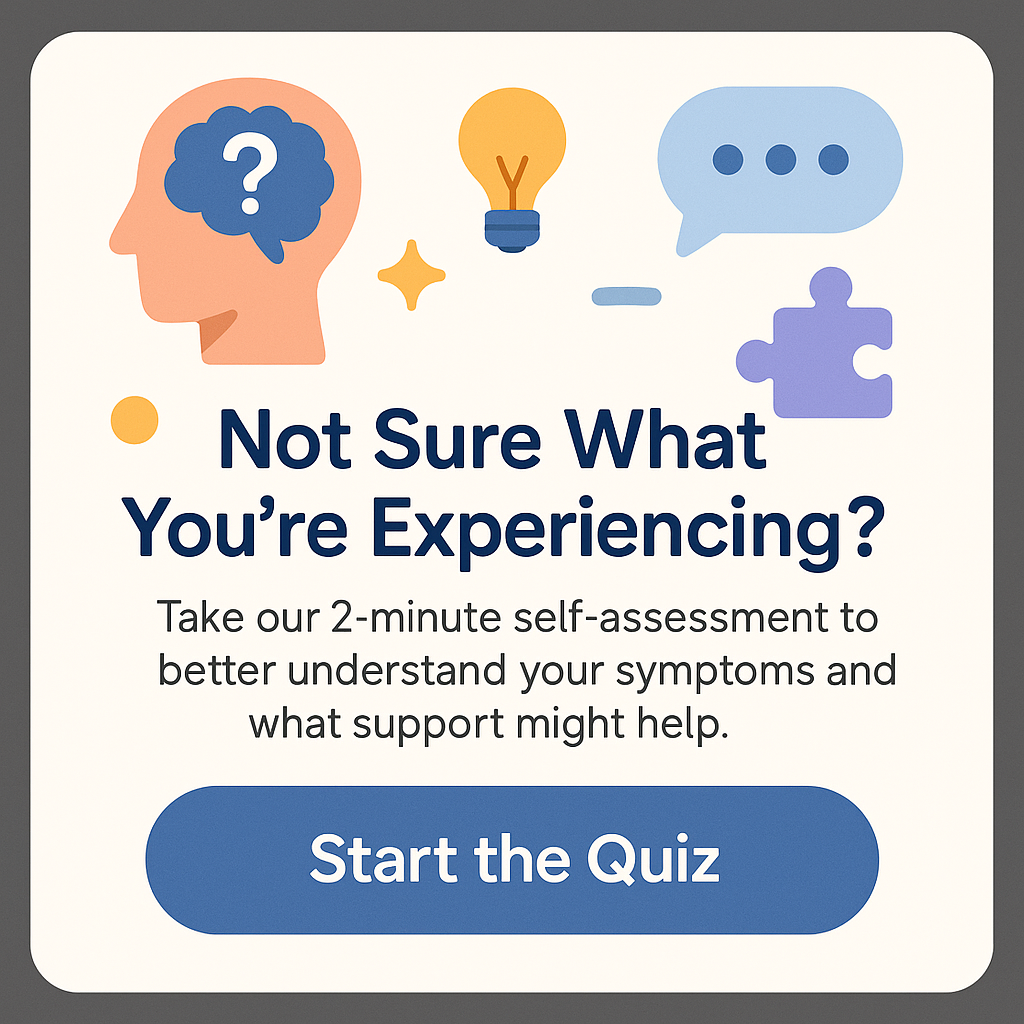What qualifies you as neurodivergent?
What qualifies you as neurodivergent? This question resonates with many as we navigate the intricate landscapes of mental and cognitive diversity. Neurodiversity is a term that encompasses a range of neurological conditions, suggesting that variations in the brain are not necessarily deficits but, rather, differences that can enrich our understanding of human capability. If you find yourself wondering whether you might fall under this umbrella, you’re not alone. This article aims to clarify what defines neurodivergence, the various dimensions of this condition, and how individuals may identify with it. Dive in to explore the signs, the spectrum, and the personal stories that shape our understanding of neurodiversity.
Understanding Neurodivergence
To answer the question, What qualifies you as neurodivergent?, we first need to understand what neurodivergence means. The term neurodivergent refers to individuals whose brain functions differ from what is considered typical or neurotypical. This includes conditions such as autism spectrum disorder (ASD), attention deficit hyperactivity disorder (ADHD), dyslexia, and a variety of other cognitive and developmental disorders. Neurodiversity, as a concept, was introduced to challenge traditional views of neurodevelopmental disorders as mere deficits. Instead, it emphasizes acceptance and empowerment, recognizing that each individual’s experience brings valuable insights into our collective human experience.
But how do you know if you, or someone you care about, qualifies as neurodivergent? Understanding the signs is crucial. For starters, many neurodivergent individuals may exhibit strengths in specific areas, such as creativity or analytical thinking. However, they may also face challenges in other aspects of life, like social interactions or organization. The contrast can create a unique skill set that diverges from neurotypical expectations, residing in a rich tapestry of human diversity.
Signs That Indicate Neurodivergence
Many people may ponder: What qualifies you as neurodivergent? Identifying as neurodivergent often involves recognizing certain characteristics or behaviors that might be distinct from mainstream societal norms. Each neurodivergent condition has its own set of signs and symptoms, and the experience can vary significantly from person to person. Here are some common signs that many neurodivergent individuals may experience:
1. Difficulty with Social Norms
Many neurodivergent individuals might challenge social conventions or struggle to interpret social cues. For instance, those on the autism spectrum may find it challenging to engage in small talk, maintain eye contact, or understand subtleties like sarcasm. Conversely, some might exhibit heightened sensitivity to social interactions, leading to overstimulation and stress. Recognizing these differences is essential for promoting understanding and acceptance rather than viewing them as flaws.
2. Unique Learning Styles
Another significant aspect of what qualifies you as neurodivergent relates to one’s learning style. Dyslexic individuals, for example, may excel in visual-spatial tasks but struggle with reading and writing. Similarly, individuals with ADHD often think outside the box and may approach problem-solving in innovative ways. Recognizing these unique approaches opens the door for personalized learning strategies and adaptations that can help maximize strengths.
What Defines Neurodivergent Conditions?
Neurodivergent conditions are as varied as the individuals who experience them. The spectrum can sometimes blur, making it essential to understand each condition’s distinctive traits. In answering what qualifies you as neurodivergent, you should consider the following:
1. Autism Spectrum Disorder (ASD)
ASD is characterized by differences in communication, social interaction, and the presence of repetitive behaviors or restricted interests. Some individuals may be considered high-functioning, while others may require substantial support for daily activities. All autistic individuals possess unique ways of perceiving the world, ranging from absolute brilliance in certain domains to challenges that necessitate compassionate understanding and assistance.
2. Attention Deficit Hyperactivity Disorder (ADHD)
Individuals diagnosed with ADHD may struggle with focus, impulsivity, and hyperactivity. Although these traits are often seen as disruptive, many individuals with ADHD also exhibit remarkable creativity and the ability to think on their feet. Furthermore, ADHD is frequently co-occurring with other neurodivergent conditions, complicating the understanding of what qualifies you as neurodivergent.
3. Dyslexia and Other Learning Disabilities
Dyslexia, characterized by difficulties with accurate and/or fluent word recognition and by poor spelling and decoding abilities, is just one type of learning disability that reflects neurodivergence. A dyslexic person might excel in verbal comprehension despite challenges in reading, showcasing the brain’s capacity for diverse forms of intelligence.
Modern Perspectives on Neurodivergence
In recent years, the narrative surrounding neurodivergence has shifted towards greater acceptance and advocacy. Many now view neurodivergent traits not as disabilities to be corrected, but as variations in human functioning that enrich our communities and workplaces. This cultural shift has profound implications for how society addresses education, employment, and healthcare for neurodiverse individuals.
1. Inclusivity in Education
As debates surrounding educational practices continue, many educators advocate for inclusive teaching methods that cater to diverse learning styles. These methods employ tools like individualized education plans (IEPs) and accommodations such as extra time on tests. Understanding what qualifies you as neurodivergent allows educators to extend support that nurtures each student’s strengths rather than solely focusing on challenges.
2. The Workplace Revolution
As companies increasingly recognize the value of diverse thinking, neurodiversity in the workplace is gaining traction. Employers understand that hiring neurodivergent individuals can lead to innovative solutions and a fresh rethinking of processes. Initiatives such as specialized training programs and mentorships can empower neurodiverse workers and create inclusive environments where everyone can thrive.
Challenges Faced by Neurodivergent Individuals
Despite the evolving understanding of neurodivergence, many challenges persist. This often leads to questions about how society accommodates individuals who identify with these variations. Addressing barriers will assist in answering the crucial inquiry: What qualifies you as neurodivergent?
1. Misunderstanding and Stigma
Many neurodivergent individuals still face significant stigma, which can manifest in the form of misunderstanding and discrimination. Often, neurodivergent traits are misconstrued as laziness or rudeness, perpetuating issues of exclusion. As initiating conversations around neurodiversity increases, breaking down these stereotypes becomes imperative for fostering acceptance.
2. Accessing Support Services
Accessing appropriate support services can be daunting for neurodivergent individuals and their families. Healthcare, educational, and occupational services may not always be tailored to meet specific needs, leading to frustration and feelings of isolation. Advocating for clearer pathways to resources and greater awareness about neurodivergent conditions will ultimately support individuals seeking to identify themselves in the neurodiverse community.
Personal Stories of Neurodivergence
Personal narratives often illuminate the often-complex experience of being neurodivergent. By sharing their journeys, neurodivergent individuals enhance our understanding and promote empathy among those unfamiliar with the nuances of their lived experiences. Through these stories, we begin to grasp what qualifies you as neurodivergent and why it’s essential to embrace this diversity.
1. The Autistic Experience
Many autistic individuals describe a world filled with challenges, but they also highlight their unique perspectives and abilities. For example, an autistic artist might produce evocative artwork that reveals their internal experiences, while an autistic engineer may solve intricate problems with unparalleled inventiveness.
2. ADHD and Creativity
Individuals with ADHD often share stories of managing their distractibility in ways that lead to brilliance. Through mini-projects and bursts of inspiration, they showcase innovation and adaptability in their work. Personal accounts remind us that what qualifies you as neurodivergent entails not just challenges but also enriching, creative contributions to society.
Conclusion
What qualifies you as neurodivergent? The answer lies within recognizing the complexities of human cognition and behavior. Neurodivergent individuals challenge our perceptions of ability and intelligence while enriching our communities with variations in thought and experience. As we advance, it is essential to advocate for acceptance, understanding, and support for those who identify with neurodivergence. By promoting inclusivity in education and the workplace, we can build environments where everyone has the opportunity to thrive. Let’s embrace the spectrum of our differences and create a world that celebrates the extraordinary qualities that each individual brings to the table.
FAQs
1. How do I know if I am neurodivergent?
If you recognize patterns in your thinking, learning, or social interactions that differ significantly from the norm, consider consulting a mental health professional for assessment.
2. Can neurodivergent individuals lead normal lives?
Yes, with appropriate support systems and accommodations, neurodivergent individuals can thrive in their personal and professional lives.
3. Is neurodivergence a disability?
While neurodivergent conditions are often classified as disabilities, many advocate for viewing them as variations in human experience rather than deficits.
4. How can society better support neurodivergent individuals?
By promoting inclusivity, providing necessary resources, and fostering understanding in workplaces and educational settings.
5. Can neurodivergent individuals excel in their careers?
Absolutely! Many neurodivergent individuals possess unique strengths that can lead to innovative solutions and significant contributions in various fields.
Can a family doctor diagnose autism in Ontario?







